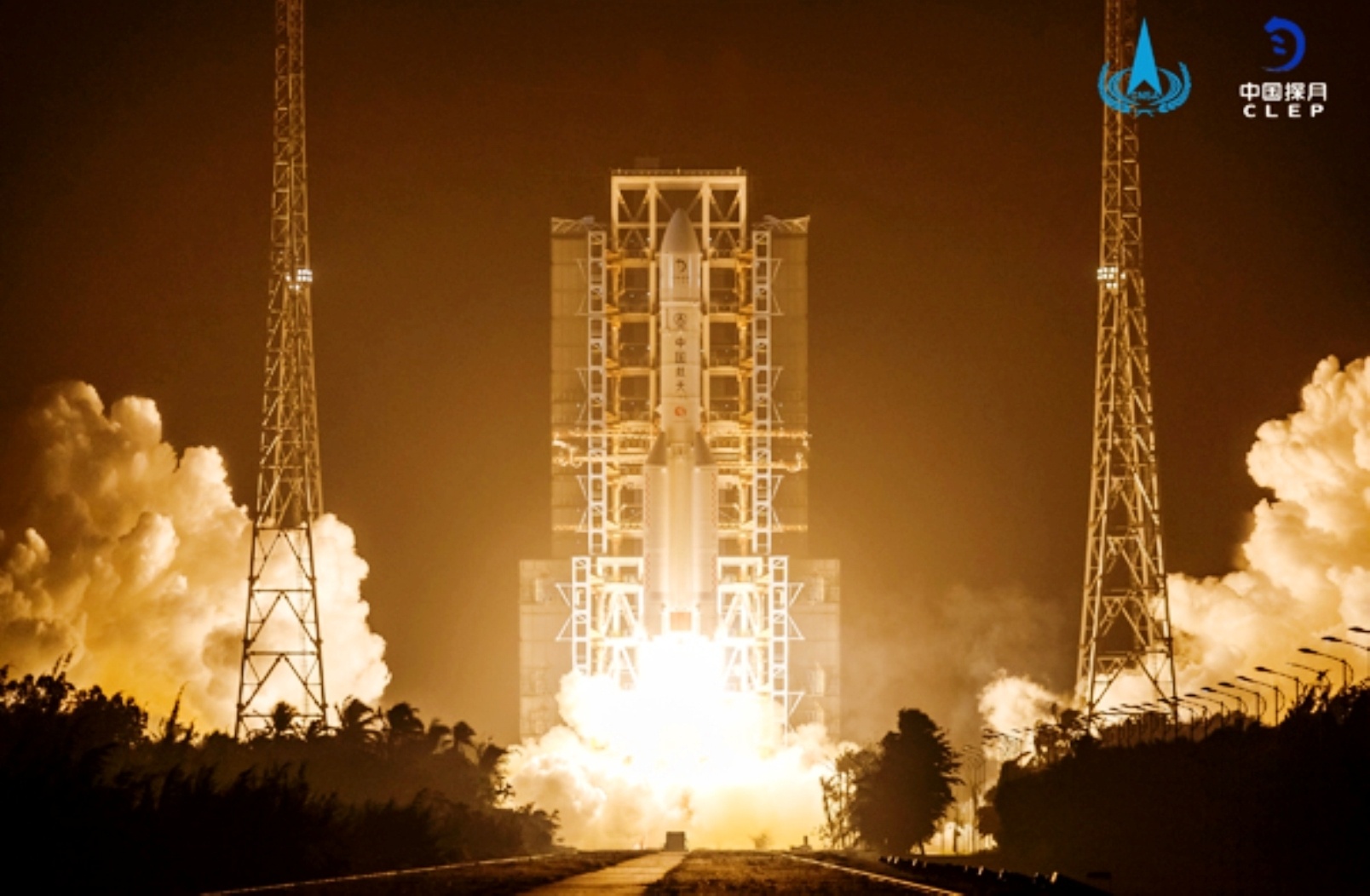China’s space program has advanced by leaps and bounds in a relatively short time. However, it has suffered some bad publicity in recent years due to certain “uncontrolled reentries” (aka. crashes). On multiple occasions, spent first stages have fallen back to Earth, posing a potential threat to populated areas and prompting backlash from NASA and the ESA, who claimed China was taking “unnecessary risks.” To curb the risk caused by spent first stages, China has developed a parachute system that can guide fallen rocket boosters to predetermined landing zones.
According to the Chinese Academy of Launch Vehicle Technology (CALT), which developed the system, the system was successfully tested on a Long March-3B (CZ-3B) rocket on Friday, June 9th. As they indicated in their statement, a review of the test data and an in-situ analysis of the debris showed that the parachute system helped narrow the range of the landing area by 80%. This could help pave the way for future parachute landing control technology applications, which could allow for controlled reentry, retrieval, and even reusability.
Continue reading “China is Trying to Stop its Boosters From Randomly Crashing Into Villages”
